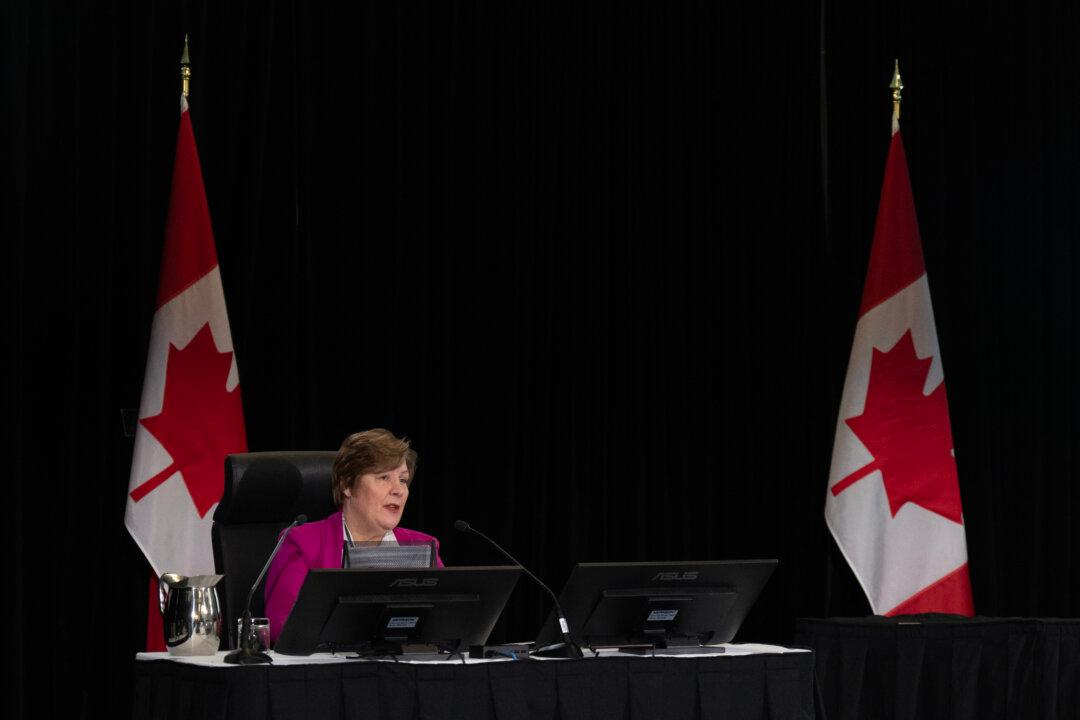A counsel for the Public Inquiry into Foreign Interference has warned that foreign intelligence services will be paying close attention to its proceedings with the objective of extracting “every drop of value.”
“I think most people would observe among the most sophisticated intelligence agencies in the world will be analyzing every bit of information that comes out of this commission of inquiry,” said commission counsel Gordon Cameron on Jan. 29.





